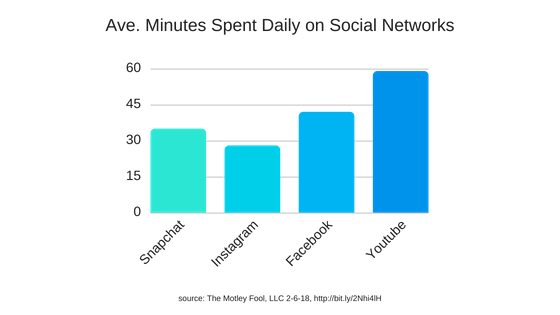Start Exploring Keyword Ideas
Use Serpstat to find the best keywords for your website
5 Simple Tips To Increase Dwell Time (And Why It Matters)


This is the same concept with search engines. Google has stated that their goal is to "provide you with the most useful and relevant information." But how does it understand and rate relevance and usefulness? One factor, out of many, seems to be "dwell time" and its different components.
What is dwell time?
Google is constantly comparing these metrics and deciding where to place a given result based on them. For example, if 100% of searchers bounce from a site within seconds of visiting it, while other results are garnering minutes of engagement and time on site, it would only make sense that they rank better than the other search result.
Tips to increase dwell time
Create a CTA at the end of every page/post
Include relevant links
Create custom visuals or tools
Clear introduction
Long-form articles
Conclusion
Discover More SEO Tools
Domain Analysis Tools
SEO Domain Analysis – gain insights into your website's strengths and weaknesses
URL Inspection Tool
Uncover hidden SEO opportunities with our powerful URL Inspection Tool
Keyword Rank Checker
Google Keyword Rankings Checker – gain valuable insights into your website's search engine rankings
Competitor Website Analytics
Complete analysis of competitors' websites for SEO and PPC
Recommended posts
Cases, life hacks, researches, and useful articles
Don’t you have time to follow the news? No worries! Our editor will choose articles that will definitely help you with your work. Join our cozy community :)
By clicking the button, you agree to our privacy policy.
